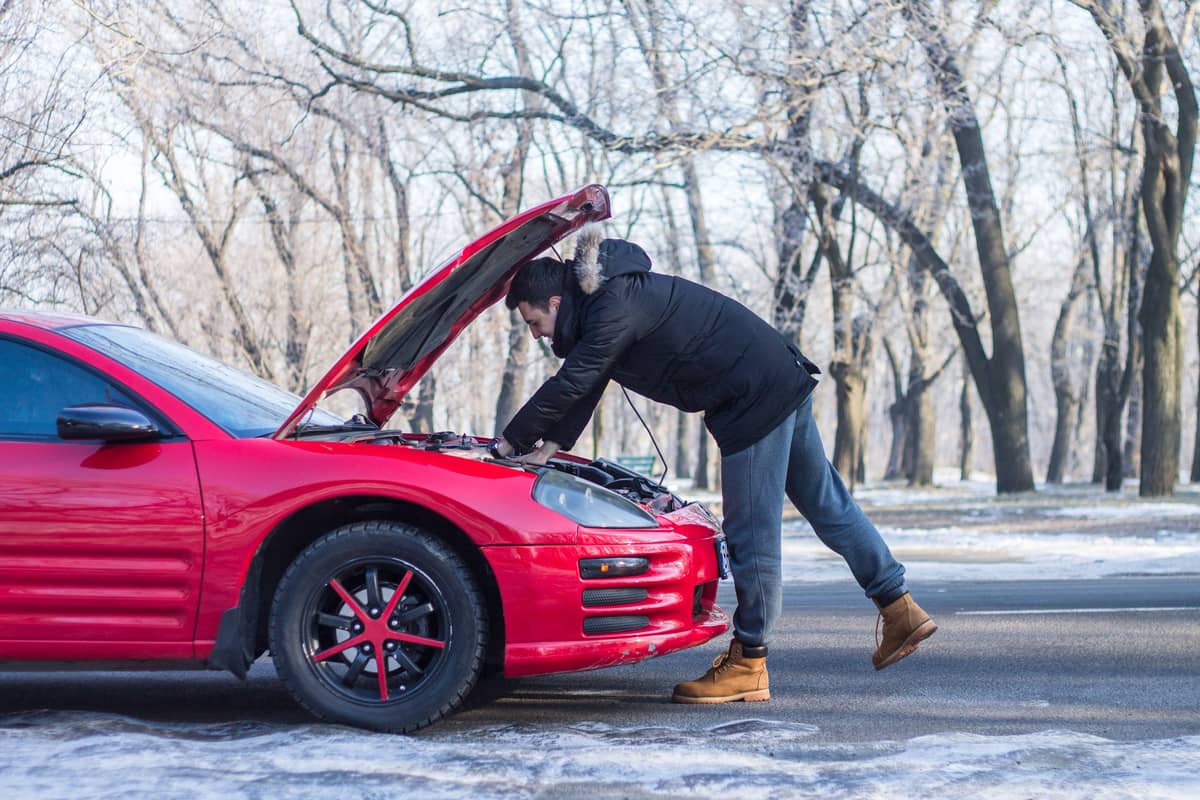Getting Your Vehicle Ready for the Fall and Winter Seasons
Philadelphia winters have the potential to make driving stressful and dangerous. The transition from the summer to the fall presents the perfect opportunity for proactive vehicle maintenance that has the potential to save your life. Be proactive, opt for preventative seasonal maintenance, and you just might avoid a breakdown in Philadelphia when the temperatures are near or even below zero. Here is a quick look at how to get your automobile ready for the fall and winter seasons.
Change the Tires
All-season tires won’t prove effective or safe through Philly winter. The start of fall is your opportunity to schedule the removal of your current tires so winter tires can be added. Even if your current tires are described as all-season, they will not grip the road as well as winter tires.

Mind the Antifreeze
Your vehicle’s antifreeze is essential to its performance during the upcoming winter in Philadelphia. If the antifreeze is running low, there is a chance water is within it. The presence of water stops the antifreeze from keeping the engine cool. Bring your automobile to a Philadelphia mechanic and you will rest easy knowing the optimal mixture and level of antifreeze keeps your engine operating as designed.
Check the Battery
Can you imagine your vehicle’s battery dying in the dead of a Philadelphia winter after a long day at work? If your vehicle’s battery is more than three years old, have it checked prior to the start of the fall so you can drive with full confidence on even the coldest days. Every Philadelphia driver should know his or her vehicle will start right away. Keep in mind, your vehicle’s battery will only weaken as winter progresses so don’t hesitate to replace it if it is causing problems or doesn’t have much of a charge remaining.
Tire Tread and Air Pressure
Your vehicle’s tires must have the right amount of tread to grip the road when it is covered in ice, snow, and slush. Even tire air pressure makes a difference in terms of stopping time. Have the tires’ tread depth checked by a professional, fill up the tires to the right air pressure level and rotate them at each oil change. Continue to check your tires’ air pressure once per month throughout the winter to ensure they have the pressure level noted on the doorjamb.
A Brake Inspection Might Save Your Life
Your automobile’s brakes are particularly important in the winter months as they determine whether you will be able to reach a full stop on Philadelphia’s icy streets. Even a light rain when the temperatures are low will lead to slick conditions that make stopping difficult. Let a Philadelphia auto specialist check your brakes and maintain, repair, or replace them if necessary.
And always keep in mind – JD’s Auto Restoration is at your service!




